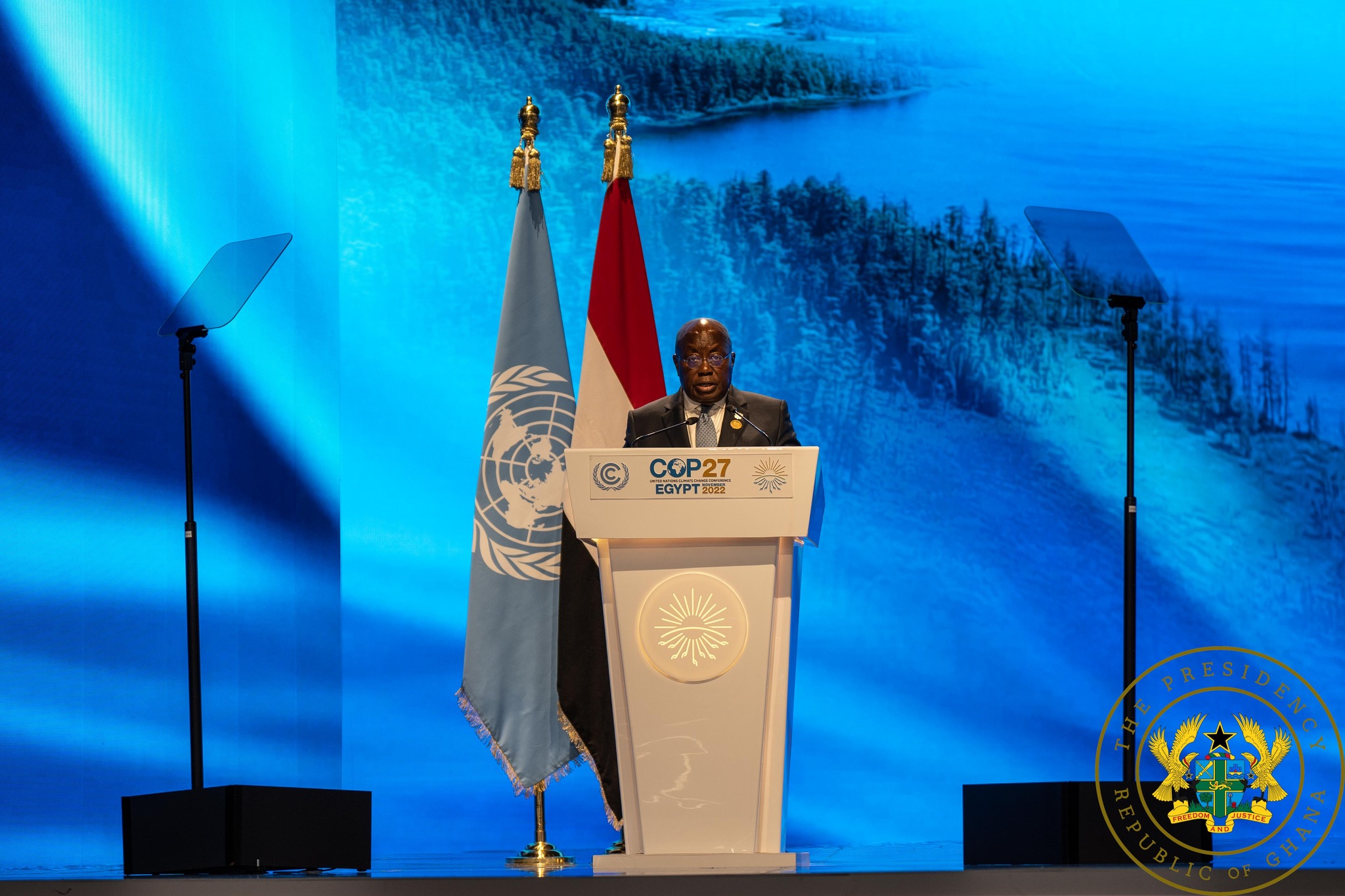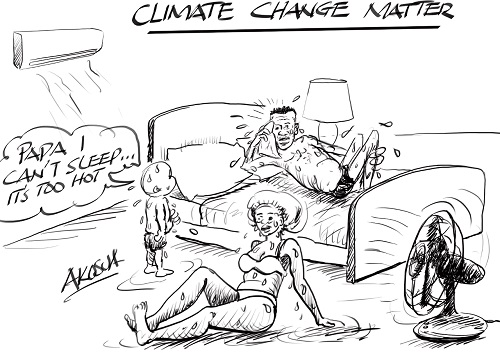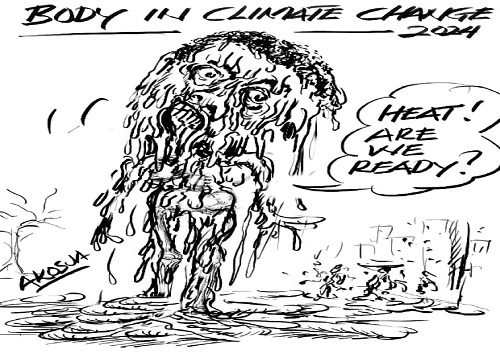
President Nana Addo Dankwa Akufo-Addo has described Climate Change as a global emergency, and has urged the developed world to redeem a thirteen (13) year old pledge to make available $100 billion annually to help developing countries fight the scourge of climate change.
Delivering Ghana's national statement at the ongoing United Nations Climate Change Conference, more commonly referred to as Conference of the Parties of the UNFCCC, or COP27, on Tuesday, November 8, 2022, President Akufo-Addo bemoaned the fact that climate adaptation costs are currently outstripping current international public finance flows.
According to the President, we must, as a matter of urgency, mobilise and scale up adaptation finance inflows, to ensure that vulnerable countries are able to meet their adaptation needs.
He continued: It is critical, in this regard, that the developed world makes good its long-delayed pledge to mobilise and make available one hundred billion dollars ($100 billion) annually to the poorer countries to assist in the fight against climate change, and commit, as agreed at COP 26 in Glasgow, to doubling resources for adaptation.
It will be recalled that thirteen (13) years ago, at a United Nations climate summit in Copenhagen, the rich nations of the world promised to channel US$100 billion a year to developing countries by 2020, to help them adapt to climate change, and mitigate further temperature rises.
President Akufo-Addo noted that extreme climate occurrences, such as severe precipitation and floods, prolonged drought, and heat waves are happening all over the world, both in the developed and developing worlds.
Climate change is a global emergency, and Ghana calls on all parties to act with equity and a sense of responsibility, he said.
Africa, for her part, the President stressed, must commit herself to resolving the issue of climate change by implementing ambitious measures within her reach.
With Africa’s vast land, he stated that Africa has the greatest potential to help decarbonize the world by absorbing carbon dioxide through regenerative agriculture, which requires fewer fertilizers, and reforestation with strong biodiversity content.
Read Full Story

























Facebook
Twitter
Pinterest
Instagram
Google+
YouTube
LinkedIn
RSS